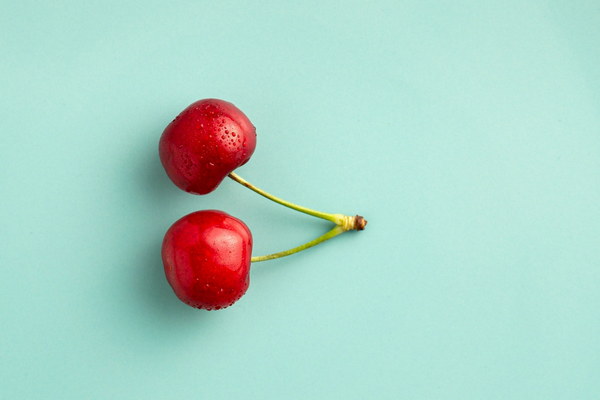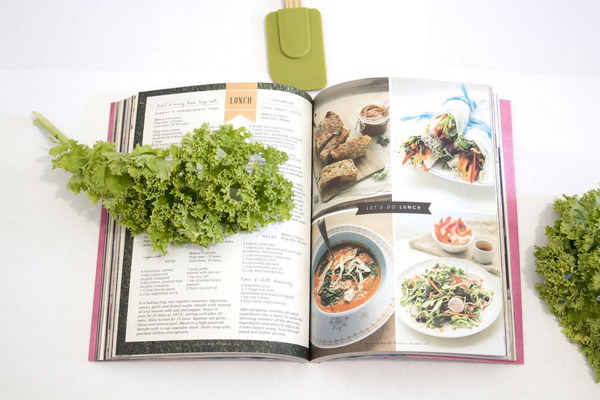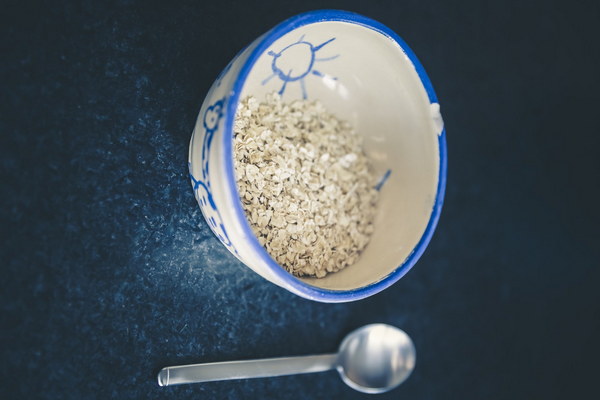Do Adzuki Beans and Safflower Have the Power to Expel Dampness Unveiling the Traditional Remedies
In the realm of traditional Chinese medicine, the concept of dampness is a prevalent concern that can lead to various health issues. Many people turn to natural remedies to alleviate dampness, and two popular ingredients in this category are adzuki beans and safflower. But do adzuki beans and safflower truly have the power to expel dampness? Let's delve into the world of traditional remedies and find out.
Adzuki beans, also known as azuki beans, are a small, oval-shaped bean that is rich in nutrients. In Chinese medicine, adzuki beans are considered to have a sweet, neutral taste and are believed to enter the kidney, spleen, and liver meridians. They are often used to treat conditions related to dampness, such as edema, diarrhea, and fatigue.
According to traditional Chinese medicine, dampness is a result of an imbalance in the body's Yin and Yang. It can be caused by excessive moisture in the environment, poor diet, or internal factors. Dampness is characterized by symptoms such as fatigue, heavy limbs, bloating, and poor digestion. Adzuki beans are believed to help expel dampness by promoting the draining of excess fluid from the body.
Safflower, on the other hand, is a vibrant red flower that has been used for centuries in traditional Chinese medicine. It is believed to have a bitter and sweet taste, with properties that enter the liver and gallbladder meridians. Safflower is often used to treat conditions involving blood stasis, such as menstrual irregularities, chest pain, and skin conditions.

In terms of dampness, safflower is thought to help break down dampness and promote circulation. By improving blood flow, safflower is believed to help eliminate the factors that contribute to dampness and restore balance to the body.
So, do adzuki beans and safflower have the power to expel dampness? While scientific evidence supporting the efficacy of these traditional remedies is limited, there are several reasons to believe they may be effective in treating dampness-related conditions.
Firstly, adzuki beans and safflower are both rich in nutrients that support overall health and well-being. For example, adzuki beans are high in fiber, which can help improve digestion and reduce bloating, both of which are common symptoms of dampness. Safflower, on the other hand, contains linoleic acid, an omega-6 fatty acid that has anti-inflammatory properties.
Secondly, the combination of adzuki beans and safflower may have a synergistic effect. By using both ingredients together, you may experience a more significant reduction in dampness-related symptoms. This is because adzuki beans can help drain excess fluid, while safflower can improve blood flow and circulation.
However, it is essential to note that while adzuki beans and safflower may be beneficial for some individuals, they are not suitable for everyone. For example, if you have a cold or flu, it is best to avoid consuming these ingredients, as they may exacerbate the condition. Additionally, if you have any underlying health conditions or are taking medication, it is crucial to consult with a healthcare professional before incorporating these remedies into your diet.
In conclusion, adzuki beans and safflower have been used for centuries in traditional Chinese medicine to treat dampness-related conditions. While scientific evidence supporting their efficacy is limited, their rich nutritional profiles and potential synergistic effects suggest that they may be beneficial for some individuals. However, it is essential to approach these remedies with caution and consult with a healthcare professional if you have any concerns or underlying health conditions.









